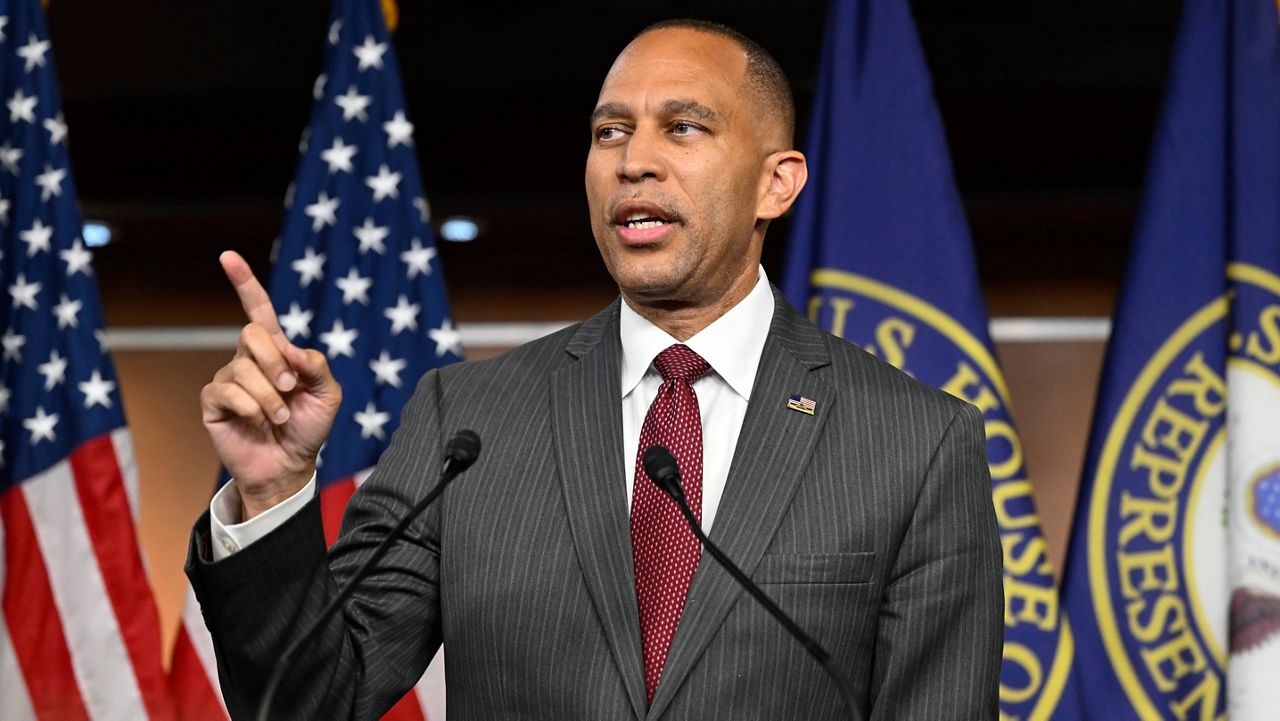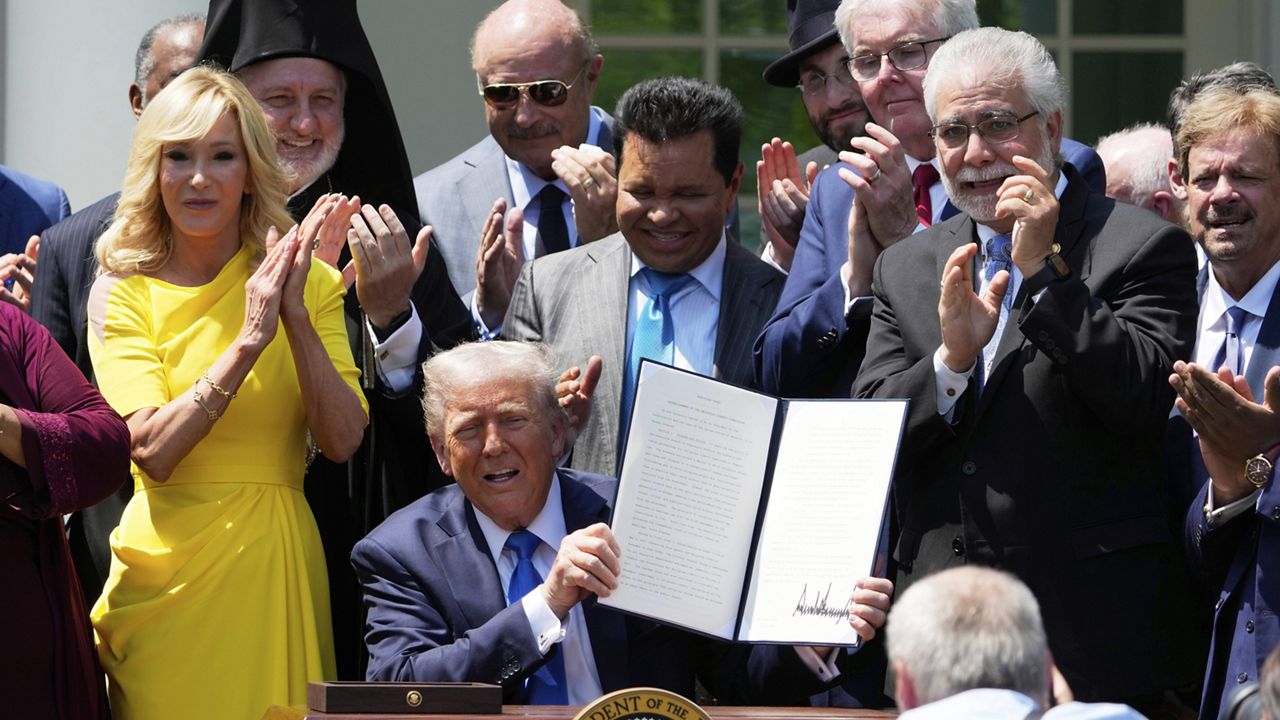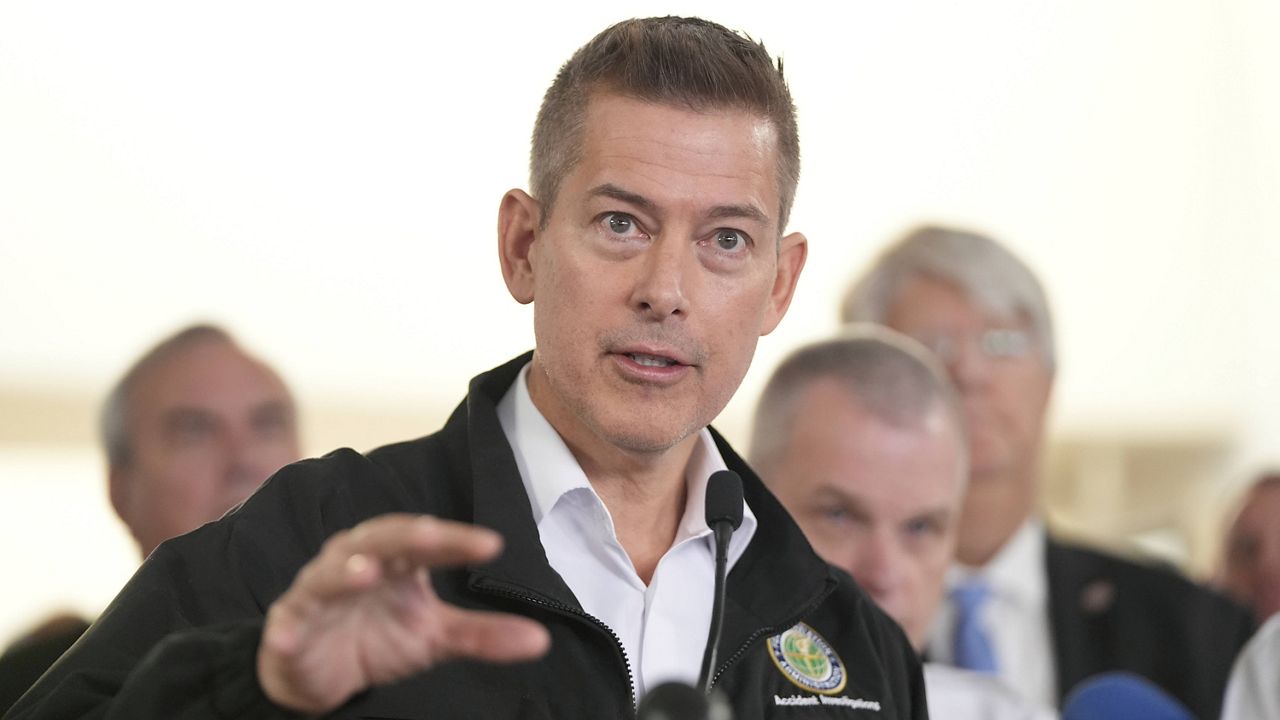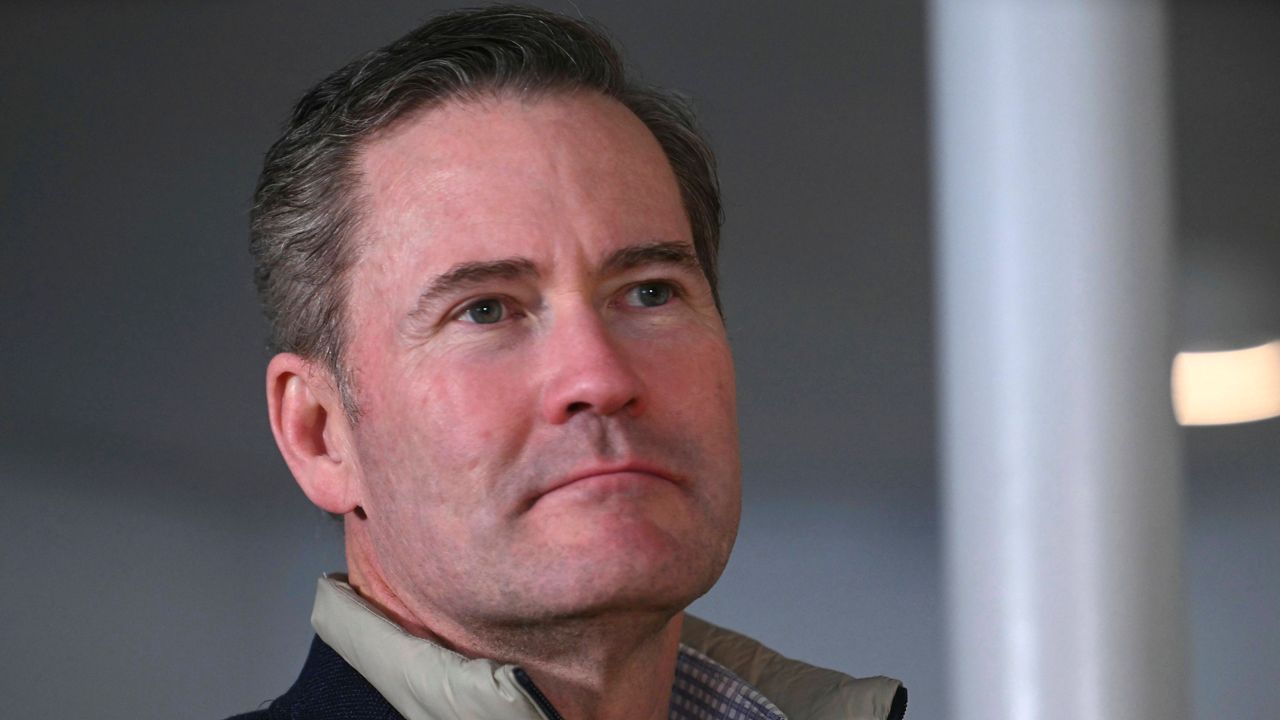Seven months have passed since a Texas law banning most abortions went into effect after the U.S. Supreme Court ended the constitutional right to abortion last June.
Some doctors have weighed leaving the state because of the new law, even though experts warn that Texas can't afford to lose more health care professionals.
Dr. Shanna Combs, a Fort Worth-based obstetrician-gynecologist of 15 years, said she contemplated leaving Texas after the high court overturned Roe v. Wade, but ultimately decided against it.
"Women need care in the state of Texas. And I want to take care of them and be able to be there for them," said Dr. Combs, the president-elect at the Texas Association of Obstetricians and Gynecologists.
The doctor has repeatedly considered moving out of the state, as she believes the single Texas exemption for abortion to preserve the mother's life is too vaguely worded, leaving physicians who carry out the procedure to criminal prosecution.
"Just being reported and possibly convicted of a felony, but long term, that means that you will never practice medicine again," said Dr. Combs. "So it's definitely a fear factor that kind of sits in the back of our minds a lot."
Dr. Emily Briggs, president of the Texas Academy of Family Physicians, said she believes the abortion restrictions are further exacerbating the health care worker shortage in the state.
"We have many physicians who feel uncomfortable providing the care that they have been providing for years, sometimes decades, and some of them have decided to leave, and many of them are contemplating leaving." Dr. Briggs told Spectrum News. "We also have plenty of nurses who have left the field as well. And we already have a shortage in Texas."
The confusion around the exception to abortion is underscored in a new lawsuit filed this month by five women and two doctors in Texas.
Although Briggs believes the politics around determining exceptions can be difficult to navigate, she sees how some clarity is important to the law.
"Some hospitals don't feel comfortable allowing physicians to practice medicine the way that is medically appropriate because of these rules, because they are so vague as far as how that hospital would be held liable, how the physician would be held liable, and how that community would respond," said Dr. Briggs.
Combs has decided that her new line in the sand is if access to contraception is further restricted in Texas. But as someone who grew up moving around in a military family, she appreciates finally having one place to call home.
"What keeps me here are my patients. Because at the end of the day, the thing I always say is I feel I can treat them with dignity and respect," said Dr. Combs.
"And if I'm not here, I'm not sure if they would have another physician to step in," she added.









